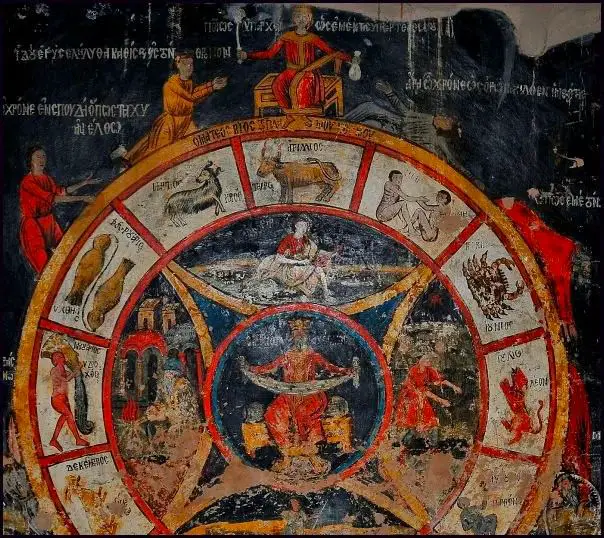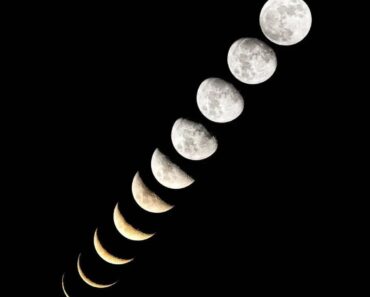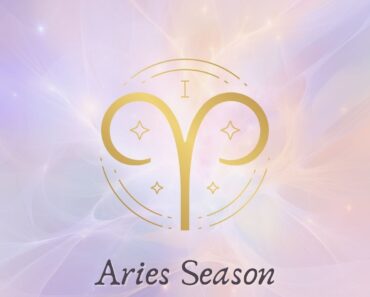In a world where we’re mesmerized by the movements of stars and planets, astrology remains a symbol of our fascination with the universe. But as captivating as it is, we wonder: Do zodiac signs really mean something? Is astrology more than just fun?
Let’s explore the history of zodiac signs, why they matter to people, and whether it’s really based on truth or just for show. Come along as we dig into the beginning of astrology, its importance in different cultures, and the ongoing argument about whether it’s real.

Photo by @embassyofthefreemind
Astrology’s Origins
Astrology’s roots trace back thousands of years to ancient civilizations such as Mesopotamia, Egypt, and Greece. These early astronomers observed celestial movements and correlated them with earthly events, laying the foundation for astrological practices.
The Babylonians, for instance, developed the zodiac—a belt divided into 12 sections, each associated with specific constellations—to track the sun’s path across the sky.
The Rise and Fall of Astrology
In the Middle Ages, astrology flourished in Europe, with scholars and rulers consulting astrologers for guidance on matters ranging from politics to medicine.
However, the Age of Enlightenment brought about a decline in astrological belief as scientific rationalism gained prominence. Despite this, astrology persisted, adapting to cultural shifts and evolving alongside advancements in astronomy and psychology.
The Science Behind the Stars
Critics often dismiss astrology as pseudoscience, arguing that its claims lack empirical evidence and defy the principles of modern physics and psychology. Indeed, studies attempting to validate astrological predictions have yielded mixed results, with skeptics highlighting flaws in methodology and statistical analysis.
Nonetheless, proponents argue that astrology’s value lies not in empirical proof but in its symbolic language and capacity to offer insight into human nature and interpersonal dynamics.
Myths and Misconceptions
One common misconception about astrology is that it solely relies on sun sign horoscopes—a simplified interpretation based on one’s date of birth. In reality, astrology encompasses a complex system of planetary placements, aspects, and houses, each contributing to a unique astrological profile.
Furthermore, astrology does not determine destiny but rather offers a framework for understanding personal tendencies and navigating life’s complexities.
Are Zodiac Signs Real?
In the end, figuring out if zodiac signs are “real” goes beyond just proving it with science. It’s about exploring the big questions of life and what it means to be human. Whether we see astrology as helpful advice or just part of our culture, it still makes us wonder, brings us together, and makes us think about ourselves.
So, as we look up at the stars and wonder about the universe, let’s appreciate the magic and insight that astrology brings into our lives.
Astrology Today
In today’s digital age, astrology has experienced a resurgence in popularity, fueled in part by social media, online horoscope platforms, and celebrity endorsements. With so much astrology information out there, it’s important to be careful.
Choosing trustworthy astrologers and thinking carefully about what they say can help you get useful insights without falling for exaggerated claims or false information. Discover your horoscope insight with a personalized touch—reach out to Soulmate Sketch today!






